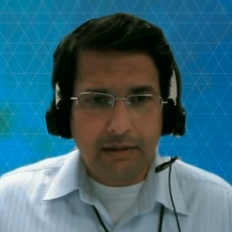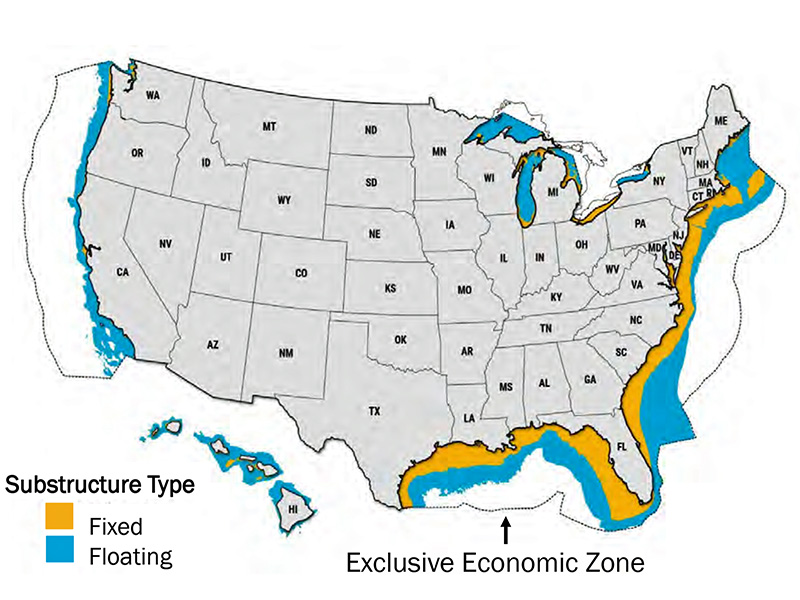DTE Energy executives warned Thursday that the utility needs to continue its investments in grid reliability and cleaner generation, investments that won’t come cheap.
CEO Jerry Norcia said during DTE’s (NYSE:DTE) year-end conference call with financial analysts that the utility didn’t request base rate increases during the COVID-19 pandemic to keep rates affordable. He said DTE now needs to reflect investments in “system reliability, grid modernization and cleaner generation.”
“Since 2020, we invested more than $8 billion in DTE electric system while keeping base rates nearly flat,” Norcia said. “After four years of essentially no base rate increases, we are requesting an increase that would go into effect at the end of 2023. This request supports investments in Michigan to improve reliability and deliver clean energy while maintaining affordable rates.”
The utility last month filed a $622 million annual rate increase with the Michigan Public Service Commission that would begin at the end of this year. The commission in 2022 reduced DTE’s request for a $388 million rate increase to $30.5 million, disputing projections of declining residential consumption. The PSC said residential use was on the upswing in 2020 and again in 2021.
“Although there were a lot of positive aspects to the outcome for which we are very grateful … we were disappointed by the projected residential sales volume in the final order,” Norcia said.
He said DTE is refreshing residential sales volume projections in the rate case. The utility also has requested an infrastructure recovery mechanism to allow it to recover the cost of grid investments between the rate cases.
“[DTE is] committed to working with all interested parties to pursue a settlement that strikes the right balance between continuing to increase reliability and providing cleaner energy for our customers, all the while maintaining affordability,” Norcia said.
CFO David Ruud said that because the PSC allowed only a modest increase, DTE will enact “one-time cost reductions that are not sustainable over the long term,” including delaying hiring, reducing the contractor workforce, deferring near-term maintenance work, and limiting overtime.
“These initiatives are all in areas where we have achieved success in the past like during the start of the pandemic, and during the last recession,” Ruud said. “[W]e remain confident that we will achieve our financial goals for the year without sacrificing safety, reliability or customer service.”
Despite the smaller-than-expected rate recovery, DTE reported earnings of $1.1 billion ($5.52/diluted share) for the year, compared to 2021’s earnings of $907 million ($4.67/diluted share).
For the quarter, earnings were $265 million ($1.31/diluted share). Earnings were $306 million ($1.57/diluted share) the year prior.
Norcia said 2022 was a record year for grid reliability and renewable energy investments, with the utility investing more than $1 billion in its grid last year to help improve reliability. He said the system operated reliably 99.9% of the time last year, with 21% fewer power outages than 2021. Average outage-duration times were reduced by more than 40%, he said.
“In communities where DTE completed some of our most focused work on a grid’s more challenged infrastructure, customers experienced up to a 70% improvement in reliability,” Norcia said. “2022 was a record year for investment in our grid, and the result was stronger reliability.”
DTE conducted the earnings call while working to restore service to about 400,000 customers after ice storms rolled through the service territory Wednesday.
Norcia said DTE needs to continue reinforcing the grid for more “violent weather” and the added strain of electric vehicle load growth.
The utility has increased its five-year capital plan by 20%, $3.5 billion more than last year’s plan, owing to “infrastructure renewal and cleaner generation,” Norcia said.
He noted that DTE in 2022 secured contracts with Ford Motor Co. and automaker Stellantis under its voluntary renewable energy program, MIGreenPower. The company said it currently has 900 businesses and 85,000 residential customers enrolled in the 2.25-GW program.
“[I]t continues to grow daily and exceed expectations,” Norcia said.
He said DTE’s five-year plan for cleaner generation includes spending $1 billion on its voluntary renewable program and $1 billion for solar generation development.
The utility retired two coal plants last year. DTE called it a “milestone” in its efforts to achieve net zero emissions by 2050. In the interim, it is targeting an 85% reduction in emissions by 2035 and 90% by 2040.


